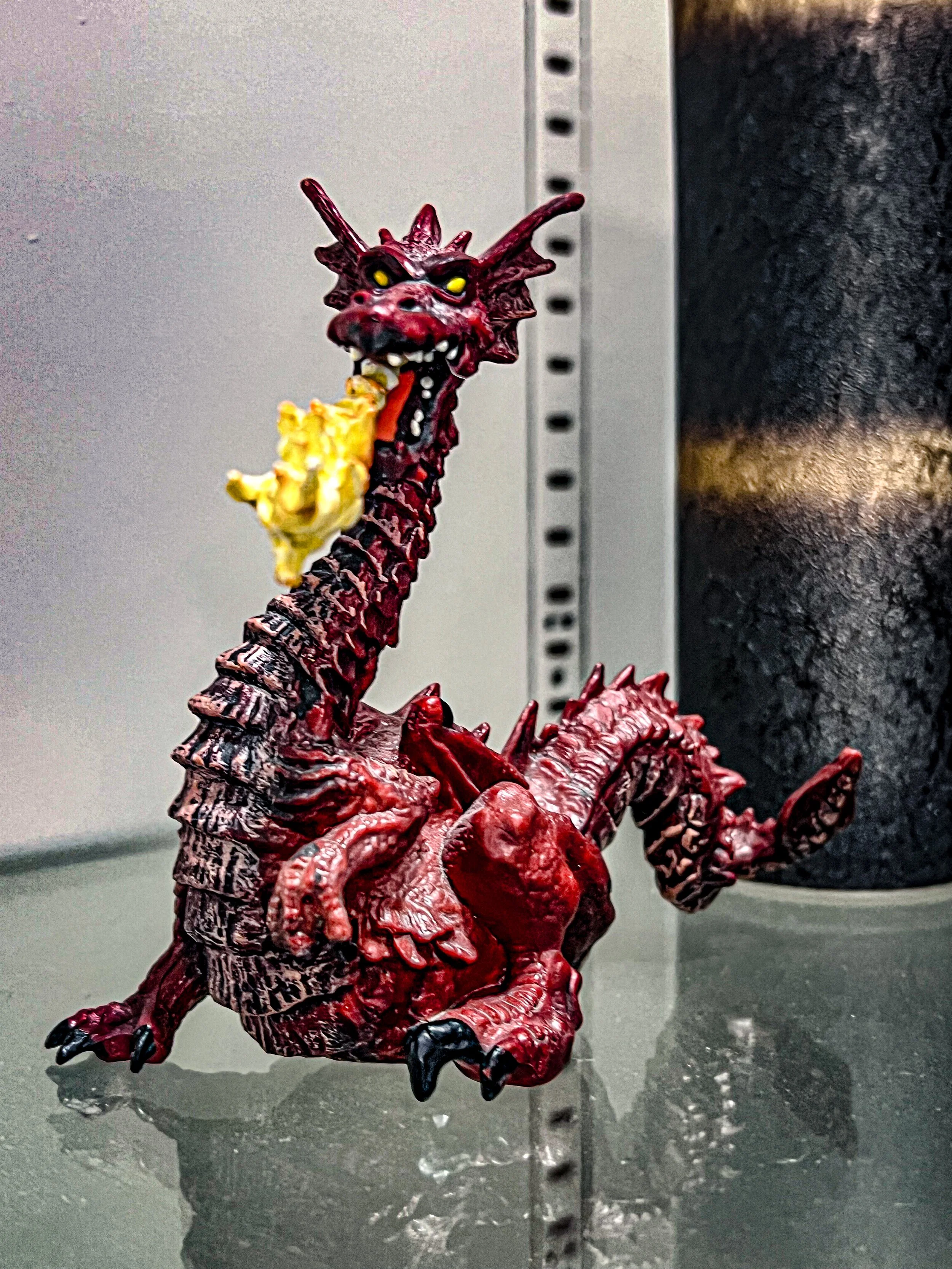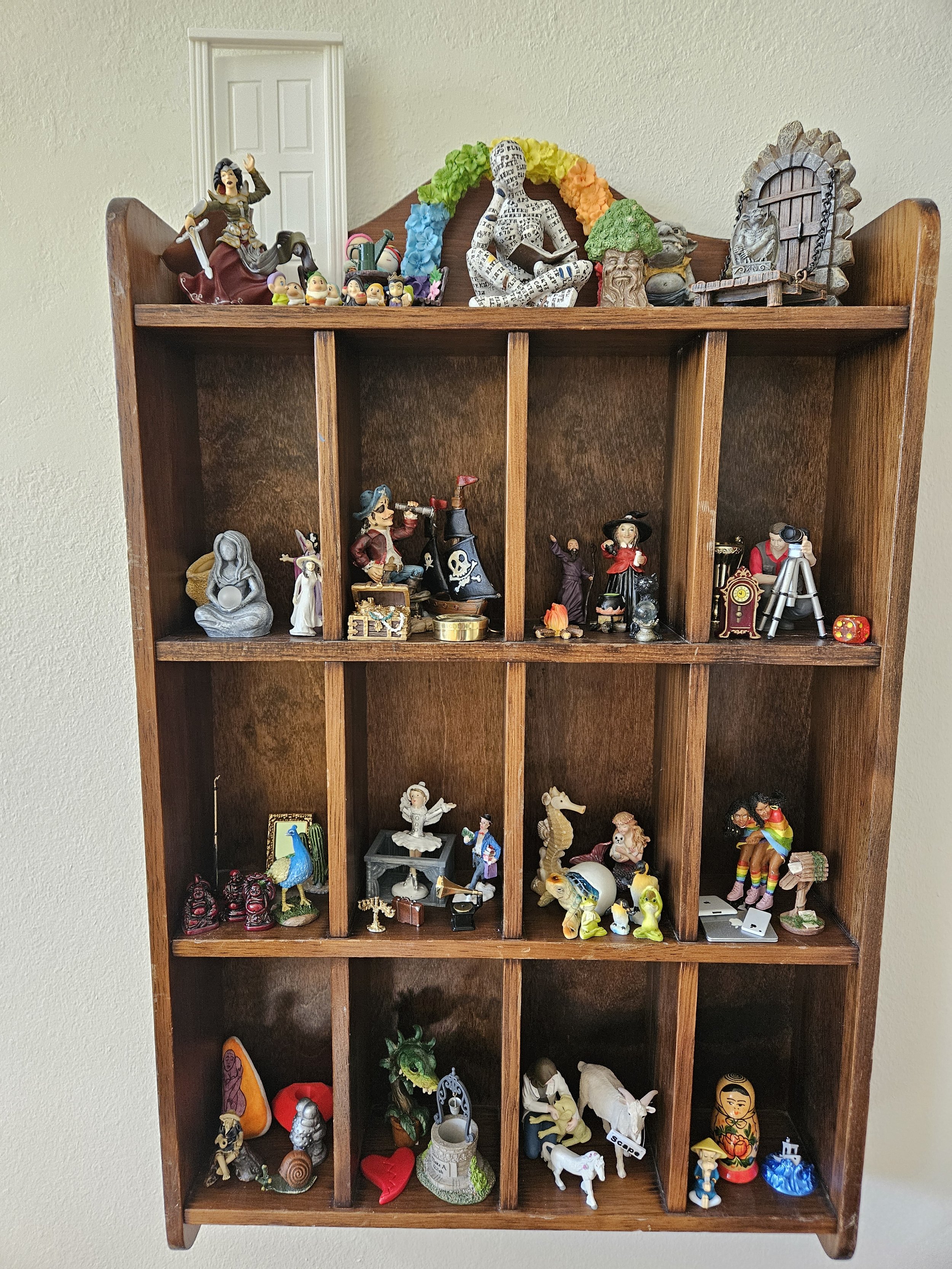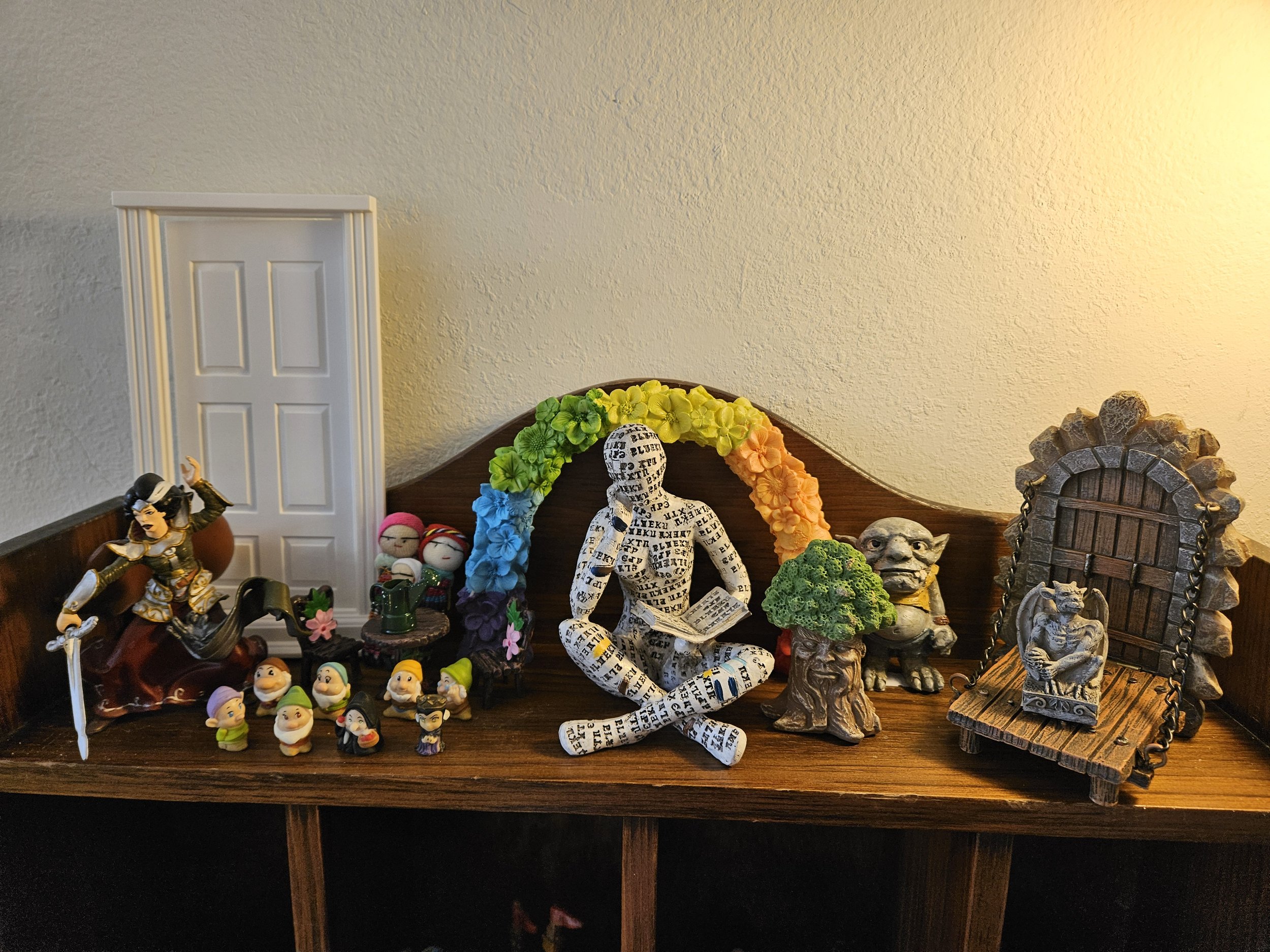Therapy for Children and Teens in Lafayette and Online throughout California
As the parent:
Does this sentiment or thought ring true:
"I was pretty capable at parenting until I became a parent."
You are worried... You are angry... You feel helpless...
You are wondering what has happened to your sweet child.
Concern, frustration, and a profound sense of helplessness may shadow your days as you navigate the complex journey of parenting. The radiant child you once knew seems distant, prompting the question, will they find their way back? The pain of watching your child struggle is unbearable, yet you hold onto the belief that they possess the potential to thrive as adults, provided they can navigate the turbulence of growing up. The echoes of a divorce stir worries of lasting scars, challenging your self-perception as a parent.
You're not meant to walk this journey alone. My role is to offer support and guidance, helping you decipher the intricate stages of your child's development, from their first days in kindergarten to the pivotal college moments. While daunting, the complexities of parenting do not have to be faced in isolation.
Specializing in working with children aged five and upwards, I am here to engage with you and your child to the extent necessary, tailoring the therapeutic process to your child's age and unique needs.
Together, we can illuminate the path toward healing and understanding, ensuring you and your child navigate these challenging times with resilience and hope.
As the teenager entering the therapeutic journey:
I feel you! I am a complete stranger to you and your parents and your parents have brought you in, hoping you'll open up. Yikes!
But here's the thing—though your parents might be footing the bill for these sessions, in this space, you're in charge; you’re my boss. This journey is yours, not theirs. I'm here to support you, to listen as much or as little as you're willing to share, and to be ready whenever you are. I encourage you to give it a go, to make an informed decision about continuing therapy with me, exploring therapy with someone else, or perhaps not pursuing therapy at all for the time being.
The best way to ensure that any decision is truly yours and not simply a reflection of your parent's wishes is by trying it out. Otherwise, you might find yourself just following what your parents want or rebelling against it. In either case, it wouldn't be a decision made intentionally and with full awareness. I suggest you take this opportunity to assert your independence wisely and choose your path rather than just complying or reacting.
I understand the apprehension that comes with stepping into therapy, especially if this is uncharted territory for you or if past experiences have left you wary. The thought of another adult dictating your actions or pointing out your flaws can be daunting. However, that's not the approach I take.
Who am I to presume what's best for you? In this space, you hold the reins. You are in control, guiding the direction and objectives of your therapy. Your parents' reasons for bringing you here might not align with what you ultimately find valuable in therapy, and that's perfectly okay. My role is to stand by your side, supporting and advocating for you as you navigate this journey on your terms.
I cannot ask you to trust me; trust is earned. My commitment to you is crystal clear: nothing about you is discussed without your knowledge. If conversations with your parents occur, or if they share information about you, you'll be informed. Should we have sessions with your parents for feedback or consultation, which I often find beneficial, you and I will thoroughly discuss what you're comfortable with sharing. Your boundaries are respected here, reinforcing the fact that in this therapy space, you lead the way. Again, you are my boss.
Special Considerations In Multi-Cultural Parenting
Parenting is tough, period. When you add the cultural differences between parents or the challenges of raising children in a culture different than your own (or both!), parenting challenges get doubled (optimistically speaking)! However, when we identify cultural differences and their origin, we create an atmosphere for compromises, an essential component of healthy parenting practices.
I was born and grew up in a collectivistic culture, and I lived and raised children in an individualistic culture for decades. I navigated my own and my children’s negotiations between the culture of the home, the culture of the school, and the culture of friends.
It can be challenging, but when done intentionally, it can also be an enriching growth experience for the parents and their children.
I help parents open a dialog about their own “unwritten and unspoken” parenting rules. In a supportive environment, I help them explore where their values come from, how they shape their parenting styles, and whether they are aligned with the values they want to pass along to their children.
I am here to help you open your minds and hearts to parenting & co-parenting.
Please continue below to learn more about how I work with children and teens.
Play therapy
Most adults’ language is talk. When we are having a hard time, it may help to talk about it. We express ourselves through words. We have words for our thoughts and feelings. We describe situations using words. We ask for help using words. And when our children start mastering language, we expect them to do the same thing as adults do: talk about their problems to resolve them.
Children’s language is play, and it’s very effective…when we can join them using the same language.
According to the Association of Play Therapy (APT), the therapeutic use of play allows trained professionals to better communicate with and help children achieve optimal mental health. Play is a fun, enjoyable activity that elevates our spirits and brightens our outlook on life. It expands self-expression, self-knowledge, and self-efficacy.
Play relieves feelings of stress and boredom, connects people in a positive way, stimulates creative thinking and exploration, regulates emotions, and boosts confidence (Landreth, 2002).
Play allows us to practice skills and roles needed for survival. Learning and development are fostered through play (Russ, 2004).
Trained mental health practitioners use play therapy to assess and understand children, by which they can help children cope with difficult emotions and find solutions to their problems. Play therapy helps children change the way they think about, feel toward, and resolve concerns (Kaugars & Russ, 2001).
“Play provides children a safe psychological distance from their problems and facilitates developmentally appropriate expression of thoughts and feelings.”
Play therapy is especially appropriate for children up to 12 years old. However, teens and adults also benefit from the therapeutic powers of play.
Play therapy may look like just regular play to untrained eyes, but it is a very different process.
APT defines play therapy as “the systemic use of a theoretical model to establish an interpersonal process wherein trained play therapists use the therapeutic powers of play to help clients prevent or resolve psychosocial difficulties and achieve optimal growth and development.”
Through play therapy, children learn to:
Communicate with others.
Express feelings.
Modify behavior.
Develop problem-solving skills.
Learn new ways of relating.
Develop respect for others and self-acceptance.
Cultivate empathy for the thoughts and feelings of others.
Sand tray therapy for children and teens
I use sand tray work with children and teens as one of my favorite ways to engage, assess, and assist in healing. I have a big sandbox and an extensive collection of figurines that are open and on display so that they can be used freely during sessions.
In my therapy practice, I witness the transformative power of play and metaphors daily. Through sand tray work, children and teens express themselves in three-dimensional worlds, unlocking hidden truths and processing emotions without needing to articulate them. It's like watching magic unfold before our eyes as they engage their senses and creative minds to resolve dilemmas and heal from trauma. Sand tray therapy isn't just a tool—it's a gateway to understanding and healing for young minds.
By harnessing the language of play and the symbolism of metaphors, I guide my clients through their journeys, offering observations and suggestions as they shape their imaginative landscapes. Even when words fail them, the act of creating and shaping these "make-believe worlds" leads to profound change and growth. Sand tray therapy isn't just about therapy—it's about creating a safe, magical space where healing happens naturally.
Art and Other Creative Approaches with Children and Adolescents
Whenever my clients are willing to explore alternative ways to talk and play therapy, I incorporate expressive modalities into our work, such as art, craft, movement, and music. Involving our whole bodies and all senses in therapy sessions not only makes therapy more fun for the children and teens I support, but expressive modalities also help them increase their awareness and understanding of what is going on for them and powerfully assist the whole body, mind, and spirit healing.
We human beings are not meant to sit and talk all the time. We are wired to play, move, and feel with all our senses. Asking youth to sit still and tell us what is going on with their words and, as a result, learn some tools and hear some advice from the therapist is not really the most effective formula for change and healing.
Please enjoy some wonderful quotes below from my favorite book of all time, on the subject of the power of our imaginative minds, and how children are very good at this, The Little Prince by Antoine de Saint-Exupéry:
“And now here is my secret, a very simple secret: It is only with the heart that one can see rightly; what is essential is invisible to the eye.”
“Grown-ups never understand anything by themselves, and it is tiresome for children to be always and forever explaining things to them.”
“All grown-ups were once children...but only a few of them remember it.”
“I have lived a great deal among grown-ups. I have seen them intimately, close at hand. And that hasn’t much improved my opinion of them.”
"People where you live," the little prince said, "grow five thousand roses in one garden..." yet they don't find what they're looking for..." "They don't find it," I answered. "And yet what they're looking for could be found in a single rose, or a little water..." "Of course." I answered. And the little prince added, "But eyes are blind. You have to look with the heart. "























